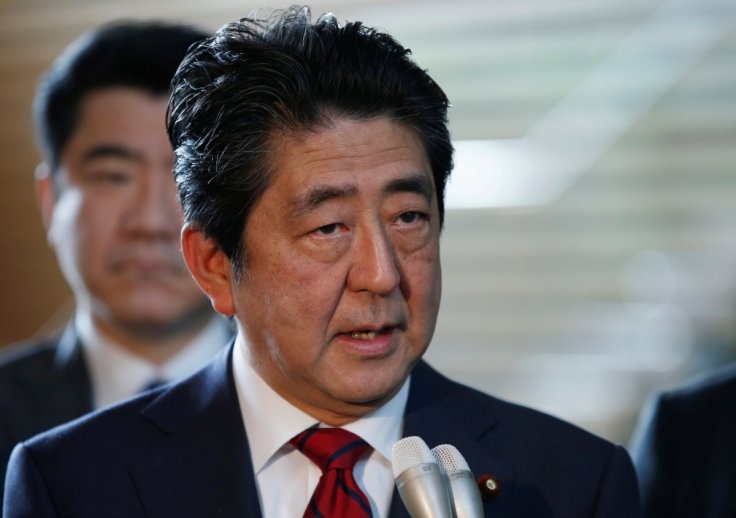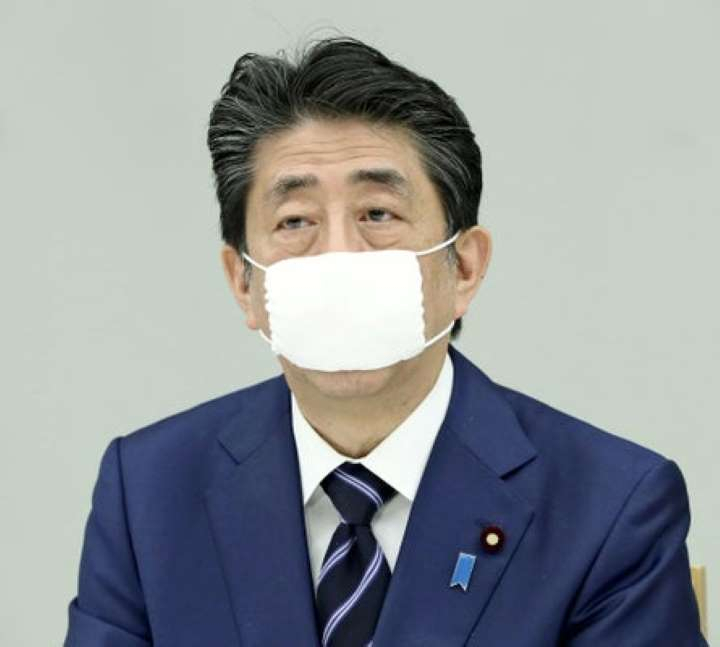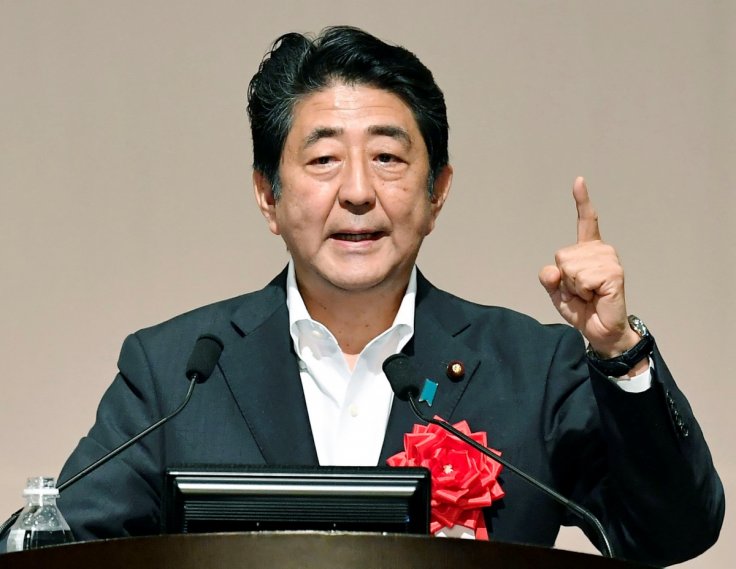The changing geopolitics in the Indo-Pacific region has taken a new turn, with former Prime Minister of Japan Shinzo Abe saying on Wednesday (December 15) that China should not provoke neighboring countries to take action against Taiwan, as any Chinese military adventure there could be "suicidal". Earlier, Abe had said that any emergency situation in Taiwan would mean an emergency for Tokyo, as well.
Abe's comment on China-Taiwan dispute is diplomatically important given that he is still an influential leader of the largest faction of the ruling Liberal Democratic Party, although he stepped down as prime minister in 2020. In a video message at a security forum, Abe stressed that big economies, like China, should not opt for a military solution in order to resolve any issue. He expressed hope that the top political leadership in Beijing was wise enough to safeguard its own interests by resolving the issue through peaceful negotiation.

Abe hinted that Japan, and its defense ally the United States, would not sit idle, in case China uses military power against Taiwan. At the same time, he urged Chinese President Xi Jinping not to misunderstand his statement.
Time and again, China has claimed almost all the energy-rich waters of the South China Sea as its own territory, and has established military outposts on artificial islands. However, the Permanent Court of Arbitration at The Hague stressed that Beijing's claim had no legal basis. Although China has refused to accept the ruling; other countries in the region, including Brunei, Malaysia, the Philippines, Taiwan and Vietnam, have welcomed the ruling of the Permanent Court of Arbitration.

China has also triggered a diplomatic dispute with Japan by claiming a group of uninhabited Japanese-administered islets as its own. As expected, such a claim has triggered fresh tensions in the region. After Tokyo slammed Beijing's aggressive foreign policy by issuing a statement, Chinese Assistant Foreign Minister Hua Chunying summoned the Japanese ambassador to Beijing, asking him to explain the statement issued by the Government of Japan.
And now, the former Japanese prime minister has come forward to openly challenge China's sovereignty, backing Taiwan's position. It may be noted that 13 Chinese fighter jets recently violated the Taiwanese air space. The global community has condemned the act, asking Beijing to show restraints.
In such a scenario, Abe's warning to China has made it clear that Japan will provide Taiwan with all sorts of support, if a war breaks out. The former PM has also supported Taiwan's participation in a regional trade pact, called the Comprehensive and Progressive Agreement for Trans-Pacific Partnership (CPTPP), saying that Japan, the US and their allies will certainly "work hard to bring Taiwan to international organizations of universal relevance".

Given that Taiwan is one of China's most sensitive zones, Abe's comment will certainly perturb authorities in Beijing. However, China is not in a position to engage in a fresh controversy with Japan, keeping in mind the increasing activities of QUAD in the Indo-Pacific region. QUAD or the Quadrilateral Security Dialogue is a strategic dialogue between the US, India, Japan and Australia, which is maintained by talks between member countries. China does not share cordial ties with any of the QUAD members.









